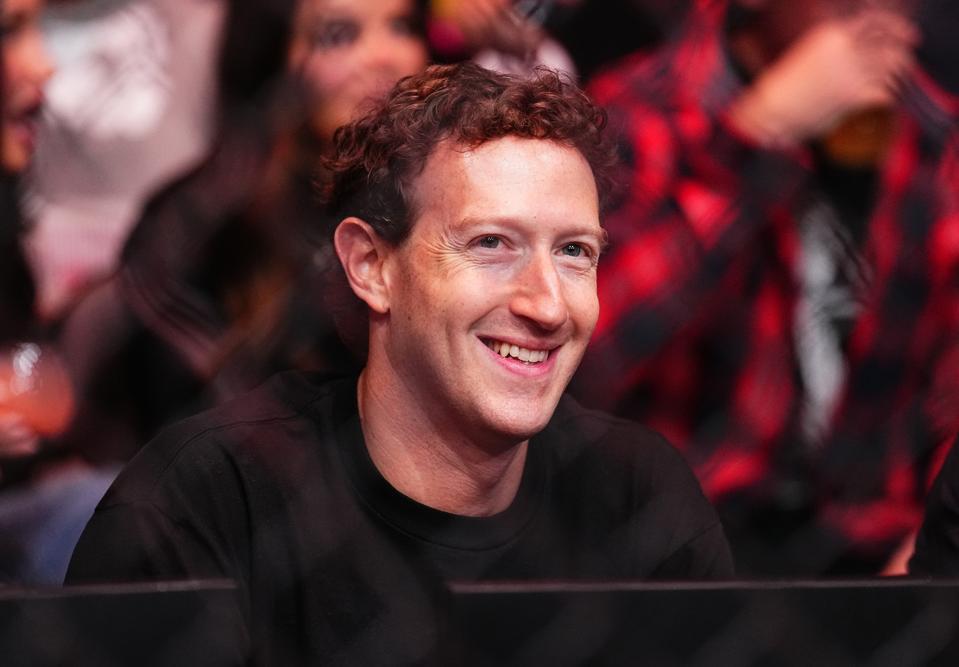A federal lawsuit filed Sunday in California federal court accuses Spotify of failing to prevent streaming fraud, including by allowing “billions” of bot-generated streams that allegedly boosted rapper Drake’s streaming numbers, though he is not named as a defendant.

Key Takeaways
- RBX, a rapper whose real name is Eric Dwayne Collins, filed a class action lawsuit against Spotify alleging the streaming service “turns a blind eye to fraudulent streaming,” including bot activity, to artificially inflate the streaming platform’s user base.
- The lawsuit singles out Drake—who is not accused of wrongdoing—as a beneficiary of bot streams, claiming “billions” of the rapper’s streams have been generated by bots, citing an unspecified “data analysis.”
- Collins’ suit claims some of Drake’s songs have garnered “more than a hundred million streams” from “areas with zero residential addresses,” that the locations of some of these streams were disguised using VPNs and that some were generated by apparent bots that “moved unreasonable locations between songs.”
- Collins said Spotify’s alleged failure to keep bots off the platform has caused “massive financial harm to legitimate artists, songwriters, producers and other rightsholders” because the money they earn from their Spotify streams—which is paid out to artists as a percentage of how much of the streaming marketplace they take up—is diminished.
- The lawsuit says Spotify’s public commitments to weeding out bots are “nothing more than window dressing, inadequate at best,” claiming the more users Spotify can say it has, “the more advertisements it can sell, the more profits the company can report.”
- Forbes has reached out to Spotify for comment.
What Do We Know About Spotify’s Bot Problem?
Though Spotify and other streaming services do face a problem of streams generated by bots, it’s difficult to quantify exactly how much of Spotify’s streams are bot-generated, Eric Drott, professor of music at the University of Texas at Austin’s Butler School of Fine Arts, told Forbes. In 2023, the Financial Times reported music executives estimated as much as 10% of music streams are “fake,” also citing a JPMorgan analysis which found that if a person uploaded a 30-second track to Spotify and programmed their phone to play it on loop for 24 hours a day, they would make $1,200 in royalties after a month. Drott said the perception is that fraudulent streaming is often attributed to smaller artists trying to boost their numbers, or fraudsters uploading faux tracks to make quick money, but said it is “a bit of an open secret that this is something various actors of every level of the music industry engage in, or have engaged in in the past.” Drott said, though, estimates about how bad the bot problem is vary widely because streaming platforms have an interest in downplaying the issue of bots, while companies that say they target streaming fraud have an interest in making the problem seem more widespread than it may be. On its webpage with resources for artists, Spotify has acknowledged fraudulent streams “dilute the royalty pool, shifting revenue from legitimate artists to bad actors” and says it “invests heavily in detecting, preventing, and removing the royalty impact of artificial streams.” Spotify said in September it had removed more than 75 million tracks over the past year that were AI-generated by fraudsters and is rolling out a new spam filter this fall to try and divert royalties back to legitimate artists.
Surprising Fact
Drake has previously accused Spotify of colluding with Universal Music Group to inflate the streams of Kendrick Lamar, the rapper with whom he engaged in a high-profile feud last year. In a lawsuit filed against Universal Music Group earlier this year, Drake alleged UMG “conspired with, paid, or caused payments to be made to unknown third parties to use ‘bots’ to artificially inflate” streams of Lamar’s song “Not Like Us,” a diss track against Drake, on Spotify. Drake first made the allegation in a legal petition targeting UMG and Spotify in December 2024. In response, Spotify filed a motion in court slamming Drake’s allegation as “false,” “far-fetched” and “speculative,” denying it colluded with UMG to inflate Lamar’s streams.
Tangent
Drake has been involved in numerous other lawsuits in recent weeks. Last week, the rapper was named alongside streamer Adin Ross in a federal lawsuit that accused them of promoting illegal online gambling, with the suit also accusing Sweepsteaks Limited, the company that runs the online “social casino” Stake.us, of circumventing state gambling laws. The suit accused Drake, who often posts advertisements for Stake and claims to show off winnings, of gambling with money the company provides him in a “marketing tactic designed to draw attention” so he doesn’t lose any money. Drake’s lawyers also said last week they would appeal a judge’s decision to dismiss the lawsuit he brought against UMG.
Look back on the week that was with hand-picked articles from Australia and around the world. Sign up to the Forbes Australia newsletter here or become a member here.
This story was originally published on forbes.com and all figures are in USD.


